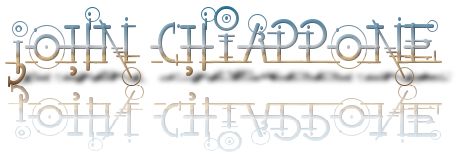LIFE:
He was born in England.
Studied Scholastic philosophy at Oxford.
Worked as tutor to the Cavendish family and
Prince of Wales.
PHILOSOPHY:
1. All knowledge comes from
experience. (empiricism)
2. Everything is matter moving in a
void. (Democritus and Galileo)
3. Mental substance is a
meaningless concept.
Consciousness is
matter moving in a void.
4. Every event has a cause, so
everything is determined.
There is no
freewill.
If there is no
freewill, are people responsible for their actions?
5. God cannot be known through
science or philosophy.
If
mental substance doesn't exist, can God exist?
6. There are two kinds of bodies
- physical and political.
Political bodies
are artificial.
7. The origins of thoughts are sense
perceptions.
8. Memory and imagination are
decaying perceptions.
These images are
not as vivid as perceptions.
9. Repeated sequences of perception
are associated.
The association of
reoccurring perceptions is true of people and
animals.
10. People differ from animals in their use
of language.
We use symbols to
represent perceptions.
11. Universals are names that represent
similar things. (nominalism)
There are no
unchanging platonic forms.
12.
Acts & objects are neutral. (not good or bad)
13. Endeavors are motions that explain
human activities.
Endeavors are desires and aversions:
a).
Desire is motion toward something - pleasure
is good.
(love, lust, greed)
b). Aversions move you to
avoid objects - pain is bad.
(hate, repulsion,
fear)
We always
seek our own pleasure and avoid pain. (egoistic
hedonism)
Altruism is
a socially conditioned, not a natural, emotion.
13. In a state of nature, we are at war.
14. To rise above nature we
created
governments and laws.
It is made
possible by the will of the people - not God.
Justice is
abiding to these artificial laws.
|
